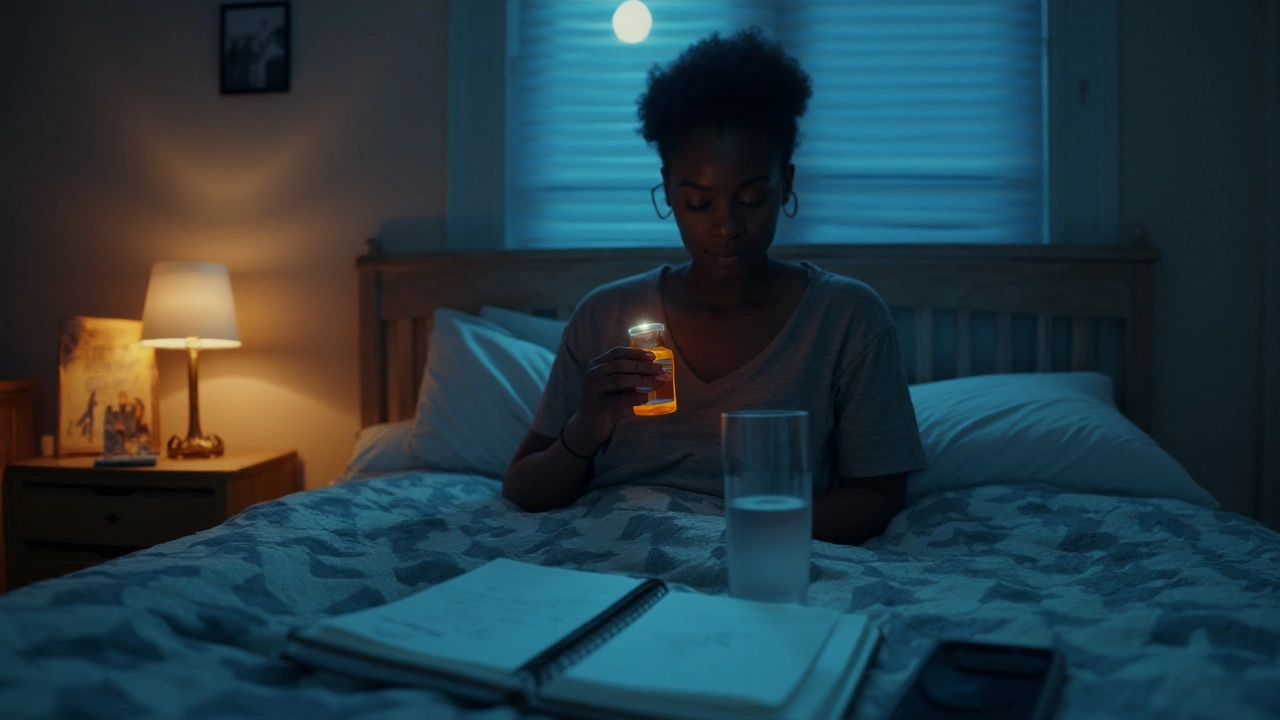Phenytoin Drowsiness – What’s Going On and How to Fix It
If you’ve started taking phenytoin for seizures and suddenly feel extra sleepy, you’re not alone. Many people report a foggy feeling or outright fatigue after the pill kicks in. Below we break down why this happens, when it matters, and simple tricks to stay alert without risking your seizure control.
Why Phenytoin Can Make You Tired
Phenytoin works by calming over‑active brain cells, which is great for stopping seizures but can also slow down other nerve signals. That slowdown often shows up as drowsiness, especially during the first few weeks while your body adjusts to a steady blood level.
The drug’s “therapeutic window” is narrow – too low and seizures may flare, too high and side effects like fatigue, dizziness, or blurred vision appear. Blood tests that show a level above 20 µg/mL are more likely to bring on sleepiness. Even normal levels can cause drowsy feelings if you’re taking other sedating meds (like antihistamines) or have low vitamin B12.
Practical Ways to Cut the Sleepiness
1. Split the dose. Taking half of your daily dose in the morning and the rest at night can smooth out peaks that trigger fatigue. Talk to your doctor before changing anything.
2. Watch timing with meals. Food slows phenytoin absorption, which sometimes reduces the sharp rise that leads to drowsiness. A light breakfast before the morning dose often helps.
3. Stay hydrated and get enough electrolytes. Dehydration can amplify drug side effects. Aim for 2 L of water a day and include potassium‑rich foods like bananas if you’re on diuretics.
4. Limit other sedatives. Over‑the‑counter sleep aids, alcohol, or strong antihistamines add up fast. If you need an allergy remedy, try a non‑sedating option such as loratadine.
5. Light exercise. A short walk after lunch can boost circulation and wakefulness without stressing your heart.
If drowsiness persists despite these tweaks, ask your doctor about checking your blood level. Adjusting the dose by even 25 mg can move you out of the sleepy zone while keeping seizures under control.
When to Call Your Doctor
Severe fatigue that interferes with work or driving is a red flag. Also watch for other side effects like rash, bruising, or slurred speech – they can signal toxic levels. If you notice any of these, get a blood test ASAP and discuss alternative medications such as levetiracetam or valproate, which have lower rates of drowsiness.
Never stop phenytoin abruptly. Sudden withdrawal raises seizure risk and can cause dangerous brain activity. Any change should be done under medical supervision.
Bottom line: Phenytoin‑induced drowsiness is common but manageable. With dose timing, lifestyle tweaks, and regular blood checks you can stay awake, alert, and seizure‑free.
Phenytoin and Sleep: How This Epilepsy Drug Can Disrupt Your Nights (and What to Do)
Waking at 3 a.m. since starting phenytoin? Learn how phenytoin affects sleep, how common it is, what to watch for, and practical fixes you can use today.
